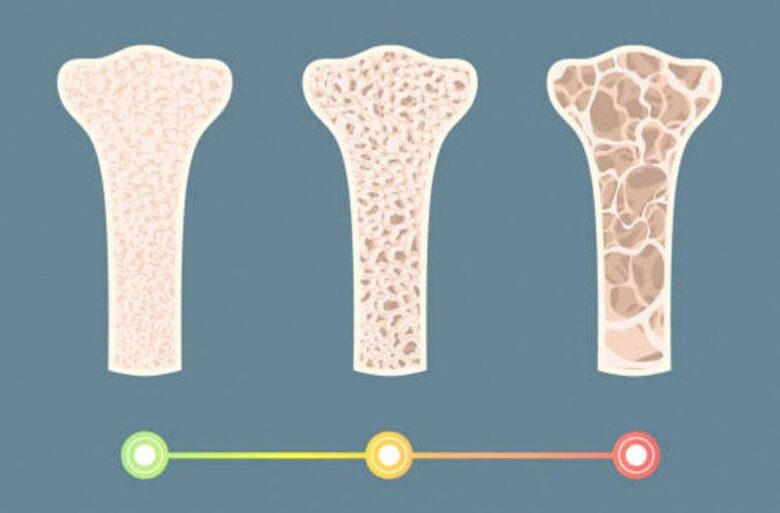Unlocking the Secrets of Strength: Testosterone Therapy and Bone Density
In the intricate landscape of human health, bones stand as the silent sentinels of strength and stability. Often overlooked yet crucial, our skeletal structure plays a pivotal role in mobility and overall well-being. However, as age creeps in and hormonal shifts take their toll, the integrity of bone density can dwindle, leading to an array of health concerns. Among the myriad of factors influencing bone health, testosterone emerges as a remarkable player, particularly in the lives of aging men and women. As researchers delve deeper into the relationship between testosterone therapy and bone density, a new world of potential benefits and considerations unfolds. This article explores the science behind testosterone’s impact on our bones, shedding light on its role in combating osteoporosis and enhancing skeletal strength, while navigating the complexities of treatment options available in today’s healthcare landscape. Join us as we uncover the promising synergy between hormone therapy and bone health, empowering you with knowledge for a stronger tomorrow.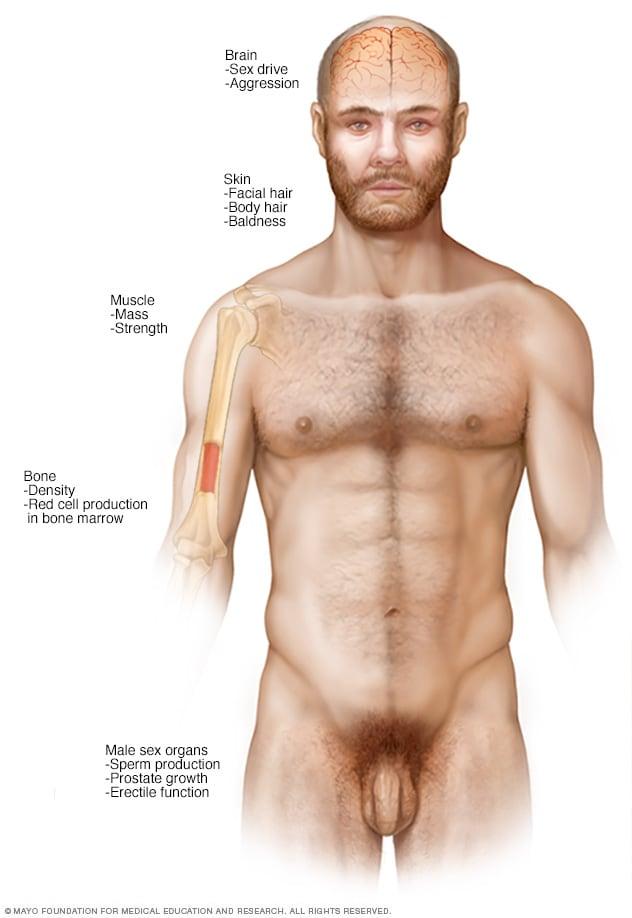
The Role of Testosterone in Bone Health
Testosterone plays a crucial role in maintaining bone mineral density, which is vital for overall skeletal health. This hormone aids in the formation of bone cells and influences the regulation of calcium, a key component in strengthening bones. Without sufficient testosterone levels, the process of bone remodeling can become impaired, potentially leading to conditions such as osteoporosis. Research indicates that men with low testosterone are at a higher risk of developing bone fragility, making it essential to monitor and address these levels as part of a broader health strategy.
Implementing testosterone therapy can have positive effects on bone density. Studies have shown that:
- Increased Bone Density: Testosterone therapy has been associated with a measurable increase in bone density in osteoporotic men.
- Improved Balance: Higher testosterone levels can enhance muscle strength, which contributes to better balance and reduced fall risk.
- Joint Health: Beneficial effects extend to joint health, reducing pain and improving mobility, further supporting an active lifestyle.
| Effect of Testosterone Therapy | Outcome |
|---|---|
| Bone Density Improvement | ↑ 10-15% Increase |
| Fracture Risk Reduction | ↓ 30% Decrease |
| Muscle Strength Enhancement | ↑ Overall Strength |
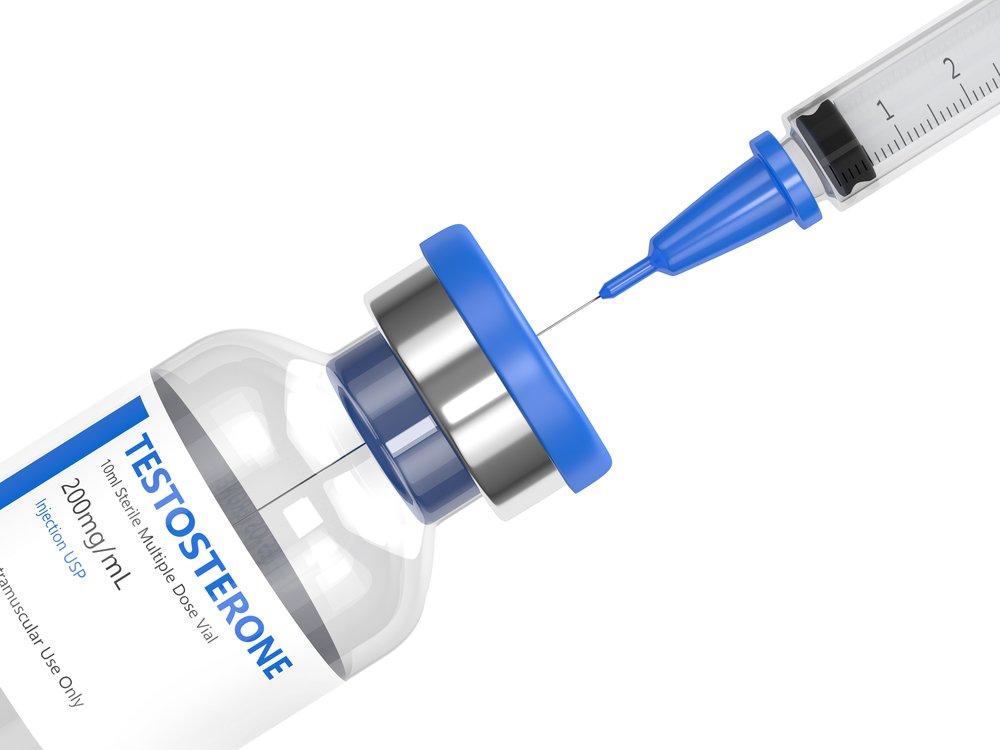
Understanding Osteoporosis and Hormonal Imbalance
Osteoporosis is a condition that leads to weakened bones, increasing the risk of fractures. This disease often goes unnoticed until a break occurs, making awareness crucial. One factor that significantly influences bone health is hormonal balance, particularly levels of hormones such as estrogen and testosterone. Low testosterone in men can contribute to bone density loss, just as decreased estrogen levels can affect women, especially post-menopause. Understanding the interplay between these hormones and bone health helps in targeting treatment options effectively.
Testosterone therapy has emerged as a potential solution for improving bone density in men experiencing hormonal imbalance. Through elevated testosterone levels, individuals may see enhanced calcium absorption and reduced bone resorption, leading to a stronger skeletal structure. Key benefits of testosterone therapy for bone health include:
- Increased Bone Density: Studies indicate that testosterone treatments can bolster bone mineral density.
- Reduced Fracture Risk: By strengthening bones, the likelihood of fractures decreases.
- Improved Muscle Mass: Increased testosterone leads to enhanced muscle strength, support for bone stability.
This approach necessitates careful monitoring and individualized treatment plans to ensure optimal outcomes while minimizing potential side effects. Collaborating with healthcare professionals for a tailored strategy can lead to better management of both osteoporotic conditions and hormonal imbalances.
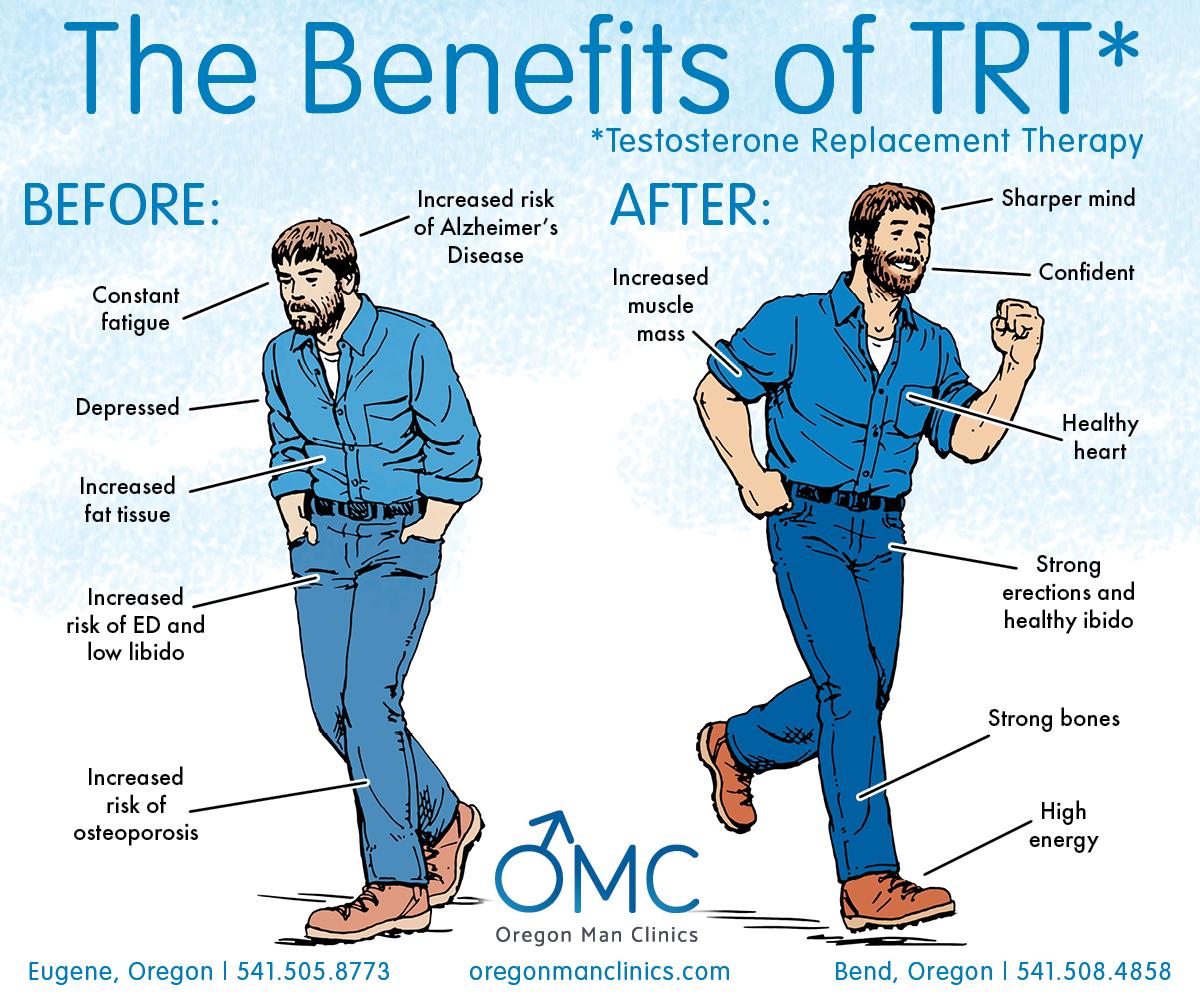
The Mechanisms Behind Testosterone Therapy
Understanding the mechanisms of testosterone therapy reveals its profound effects on bone density, particularly in individuals facing age-related testosterone decline. Testosterone acts directly on bone tissue by binding to androgen receptors, stimulating bone-forming cells known as osteoblasts. This process enhances the rate of bone mineralization and increases overall bone density. Additionally, testosterone influences the production of growth factors, such as insulin-like growth factor 1 (IGF-1), which plays a critical role in bone remodeling and strength. The net effect is a robust skeleton that can withstand the rigors of day-to-day activities.
Moreover, testosterone therapy helps to balance the activity of osteoclasts, the cells responsible for bone resorption. In the absence of adequate testosterone levels, osteoclast activity can lead to an increase in bone loss, resulting in conditions like osteoporosis. By inhibiting excessive bone resorption, testosterone therapy not only halts the decline in bone density but may also aid in increasing bone mass over time. The following factors encapsulate the key mechanisms behind the efficacy of testosterone therapy on bone health:
- Stimulation of osteoblast activity: Boosts bone formation.
- Regulation of osteoclast activity: Prevents bone resorption.
- Enhancement of IGF-1 production: Supports bone remodeling.
- Improvement of overall hormonal balance: Maintains skeletal integrity.
| Mechanism | Effect on Bone Density |
|---|---|
| Testosterone binding to androgen receptors | Increases bone formation |
| Inhibition of osteoclasts | Decreases bone loss |
| IGF-1 stimulation | Enhances density and strength |
| Restoration of hormonal balance | Improves overall skeletal health |
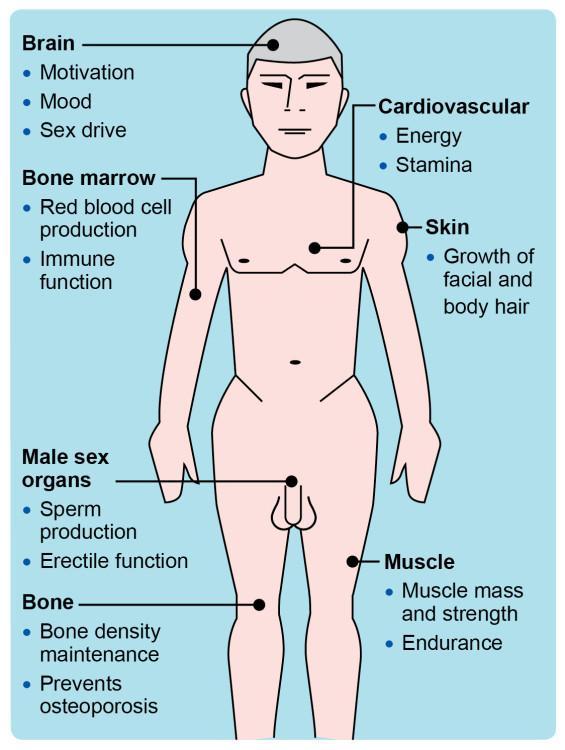
Clinical Evidence Supporting Testosterone for Bone Density
Numerous studies underscore the positive impact of testosterone therapy on bone density, particularly among men with clinically low testosterone levels. Research has demonstrated that administering testosterone replacement can lead to significant increases in bone mineral density (BMD), thus reducing the risk of fractures. Clinical trials have shown that patients receiving testosterone therapy exhibit improvements in areal BMD in key areas such as the lumbar spine and hip. These findings are vital, considering that osteoporosis poses a substantial threat to overall health in aging populations.
In a comprehensive review of randomized controlled trials, the following outcomes were observed among participants undergoing testosterone therapy:
| Study | Participants | BMD Improvement | Duration |
|---|---|---|---|
| Study A | 100 men | +6.2% in lumbar spine | 12 months |
| Study B | 85 men | +4.5% in femoral neck | 6 months |
| Study C | 120 men | +7.1% total BMD | 18 months |
These results highlight the critical role of testosterone in promoting bone health and reinforce the notion that testosterone therapy may serve as a therapeutic avenue for individuals at risk of osteoporosis. By enhancing bone density, testosterone not only helps in the prevention of skeletal-related events but also contributes to improved functional outcomes and overall quality of life.
Potential Risks and Side Effects of Testosterone Therapy
While testosterone therapy can be beneficial for improving bone density, there are potential risks and side effects that should be considered. Some individuals may experience adverse reactions that could outweigh the benefits. Common side effects include:
- Acne and oily skin
- Sleep apnea or worsened symptoms if already present
- Increased red blood cell count, leading to potential cardiovascular issues
- Mood swings and increased aggression
Additionally, long-term use of testosterone therapy may pose more serious health concerns, such as:
- Weight gain due to changes in metabolism
- Liver damage, particularly with oral testosterone forms
- Prostate enlargement or increased risk of prostate cancer
- Cardiovascular complications, including heart attack or stroke
Guidelines for Safe Administration of Testosterone
When considering testosterone therapy for bone density, it is crucial to follow strict guidelines to ensure safe and effective administration. Before starting treatment, consultation with a healthcare provider is essential. This should include a comprehensive medical evaluation, which may encompass:
- Reviewing medical history
- Conducting blood tests to assess testosterone levels
- Evaluating potential contraindications
Once therapy has commenced, ongoing monitoring is vital to adjust dosages and mitigate risks. Patients should be regularly assessed for side effects and the effectiveness of the treatment. Key management strategies include:
- Regular blood tests to monitor hormone levels
- Assessment for any signs of unwanted side effects, such as mood changes or cardiovascular issues
- Maintaining open communication with the healthcare provider regarding treatment progress
Lifestyle Factors to Enhance Bone Density Alongside Therapy
While testosterone therapy can significantly improve bone density, complementing this treatment with lifestyle choices can yield even better results. Nutrition plays a pivotal role in bone health; ensure you’re consuming a diet rich in calcium and vitamin D. Incorporating foods such as leafy greens, nuts, fish, and dairy products can enhance calcium absorption and synthesis. Additionally, opting for a balanced diet that includes antioxidants from fruits and vegetables can further strengthen bones and combat oxidative stress.
Physical activity is equally important in maintaining and enhancing bone density. Engaging in regular weight-bearing exercises and strength training can stimulate bone growth and improve balance. Some recommended activities include:
- Walking or jogging
- Jumping rope for added intensity
- Resistance training with weights
- Dancing to improve coordination
Moreover, lifestyle factors such as moderating alcohol intake and quitting smoking can drastically reduce the risk of bone loss. Prioritizing sleep is also crucial, as adequate rest aids in recovery and hormone regulation, contributing to better bone density outcomes.
Q&A
Q&A: Testosterone Therapy for Bone Density
Q1: What is testosterone therapy?
A1: Testosterone therapy involves the administration of testosterone, a key male hormone, to address deficiencies in testosterone levels. It can be delivered through various methods, including injections, patches, gels, and pellets. This therapy has garnered attention for its potential benefits beyond muscle mass and libido—most notably, its impact on bone density.
Q2: How does testosterone affect bone density?
A2: Testosterone plays a crucial role in maintaining bone density by promoting bone formation and reducing bone resorption. In simpler terms, it helps ensure that the body builds up bone mass while simultaneously decreasing the rate at which bones break down. A deficiency in testosterone can lead to a decrease in bone density, significantly heightening the risk of osteoporosis and fractures.
Q3: Who might benefit from testosterone therapy for bone density?
A3: Testosterone therapy may be beneficial for older men experiencing hypogonadism—an age-related decline in testosterone levels—as well as younger men with specific medical conditions that lead to low testosterone. It’s essential for individuals to undergo a thorough evaluation by a healthcare provider to determine if they are suitable candidates for this therapy.
Q4: What are the potential risks of testosterone therapy?
A4: While testosterone therapy has its benefits, it is not without risks. Possible side effects could include an increased risk of cardiovascular issues, sleep apnea, prostate growth, and mood swings. It’s important to have open discussions with a healthcare provider about these risks and undergo regular monitoring during treatment to ensure safety and efficacy.
Q5: Can women also benefit from testosterone therapy for bone density?
A5: Yes, women may also experience benefits from testosterone therapy, particularly postmenopausal women, who often see a decline in hormone levels that can affect bone density. However, the treatment approach is less common and typically involves careful consideration and medical oversight, as women generally produce lower levels of testosterone than men.
Q6: How is testosterone therapy monitored for effectiveness?
A6: The effectiveness of testosterone therapy is monitored through regular evaluations, which typically include blood tests to check testosterone levels, bone density scans (DEXA scans), and evaluations of overall health. The healthcare provider will assess improvements in bone density, potential side effects, and adjustments to the treatment regimen as necessary.
Q7: What lifestyle changes can complement testosterone therapy to improve bone density?
A7: Alongside testosterone therapy, adopting a healthy lifestyle is crucial. This includes engaging in weight-bearing exercises, maintaining a balanced diet rich in calcium and vitamin D, avoiding smoking, and moderating alcohol consumption. Such lifestyle factors can significantly enhance the benefits of therapy and contribute to overall bone health.
Q8: Where can someone find more information about testosterone therapy for bone density?
A8: Individuals seeking more information can consult healthcare professionals, endocrinologists, or urologists specializing in hormone health. Trusted medical websites and organizations, such as the Endocrine Society or the American Urological Association, also provide valuable resources on the subject.
Conclusion:
Testosterone therapy holds promise as a treatment for improving bone density, but it is essential to approach it with caution and informed guidance. By understanding the nuances of therapy and its implications, individuals can make well-rounded decisions in partnership with their healthcare providers to bolster their bone health.
In Summary
In the intricate tapestry of human health, the thread of hormone balance weaves a crucial pattern, particularly when it comes to bone density. As we navigate the evolving landscape of testosterone therapy, it’s essential to acknowledge both its potential and its pitfalls. While promising evidence suggests that testosterone can play a pivotal role in enhancing bone health, the complexity of individual responses underscores the necessity of personalized approaches.
As we conclude our exploration, it’s clear that a holistic perspective is vital. Consulting with healthcare professionals who can navigate the nuances of hormone therapy alongside lifestyle modifications remains paramount. By embracing a well-rounded strategy that includes diet, exercise, and regular check-ups, we can pave the way for stronger bones and, ultimately, a healthier life.
In an era where medical advancements continue to reshape our understanding, staying informed and proactive is the best strategy. Whether for yourself or a loved one, the journey toward optimal bone health is a collaborative effort—an intertwined blend of knowledge, care, and innovation. Let us move forward with confidence, ready to embrace the future of health and well-being.

